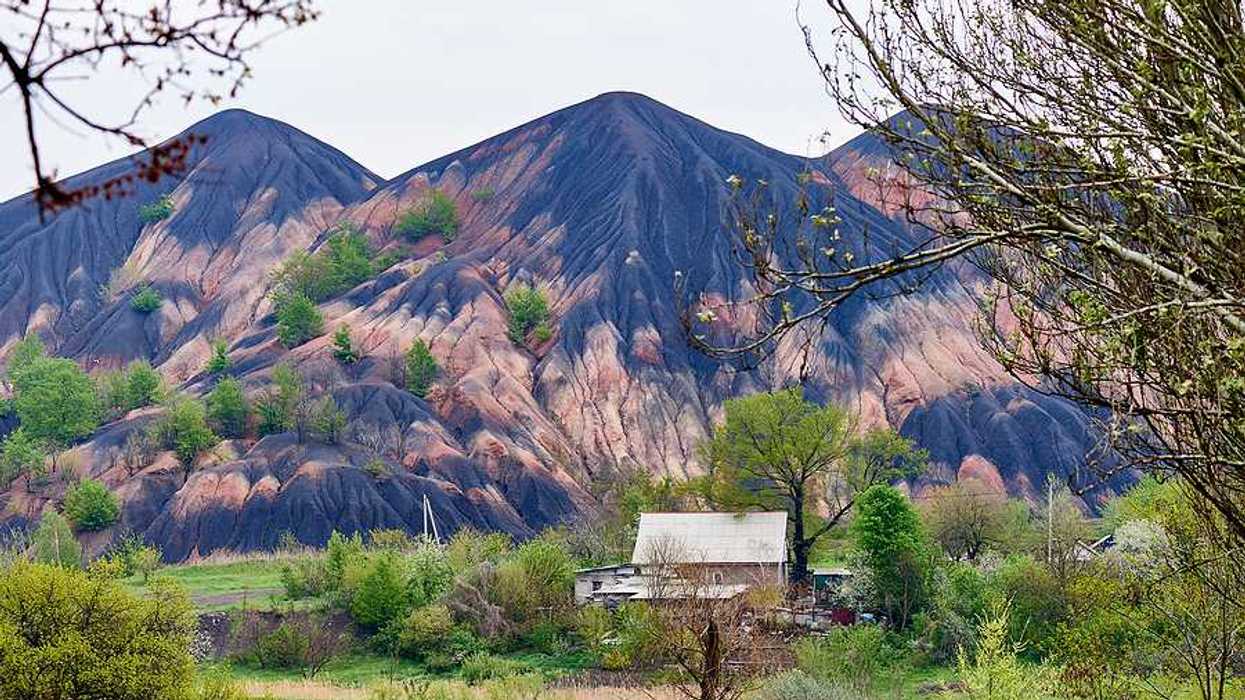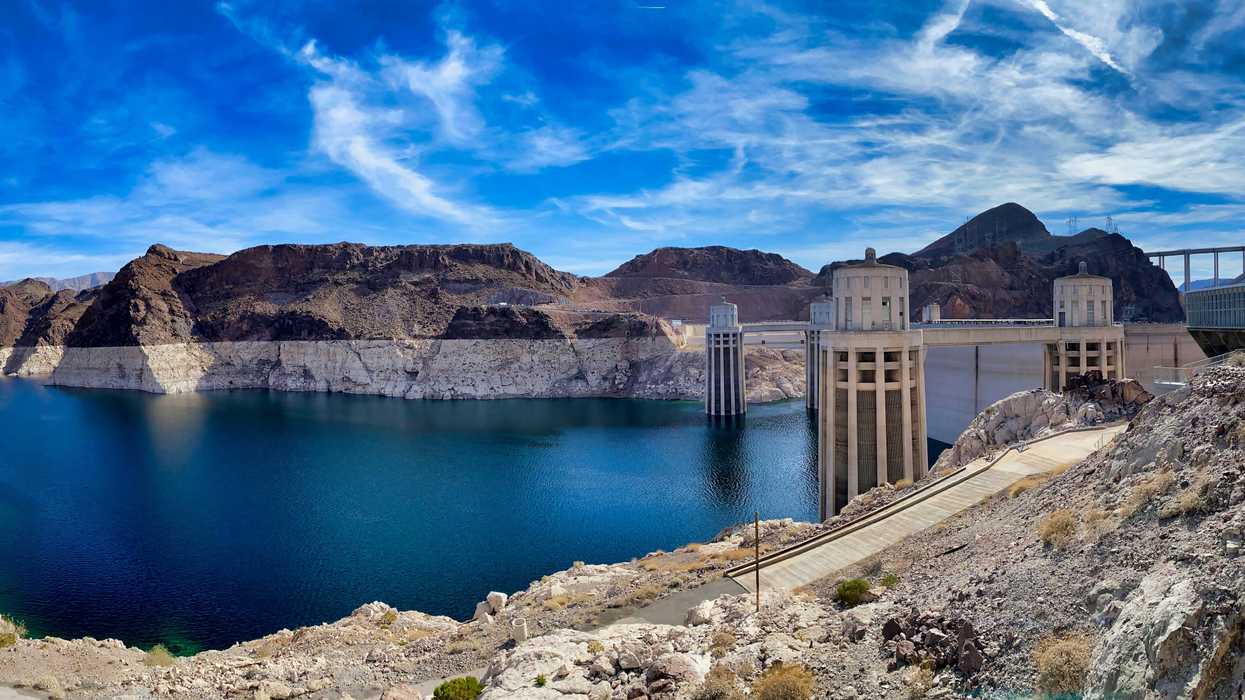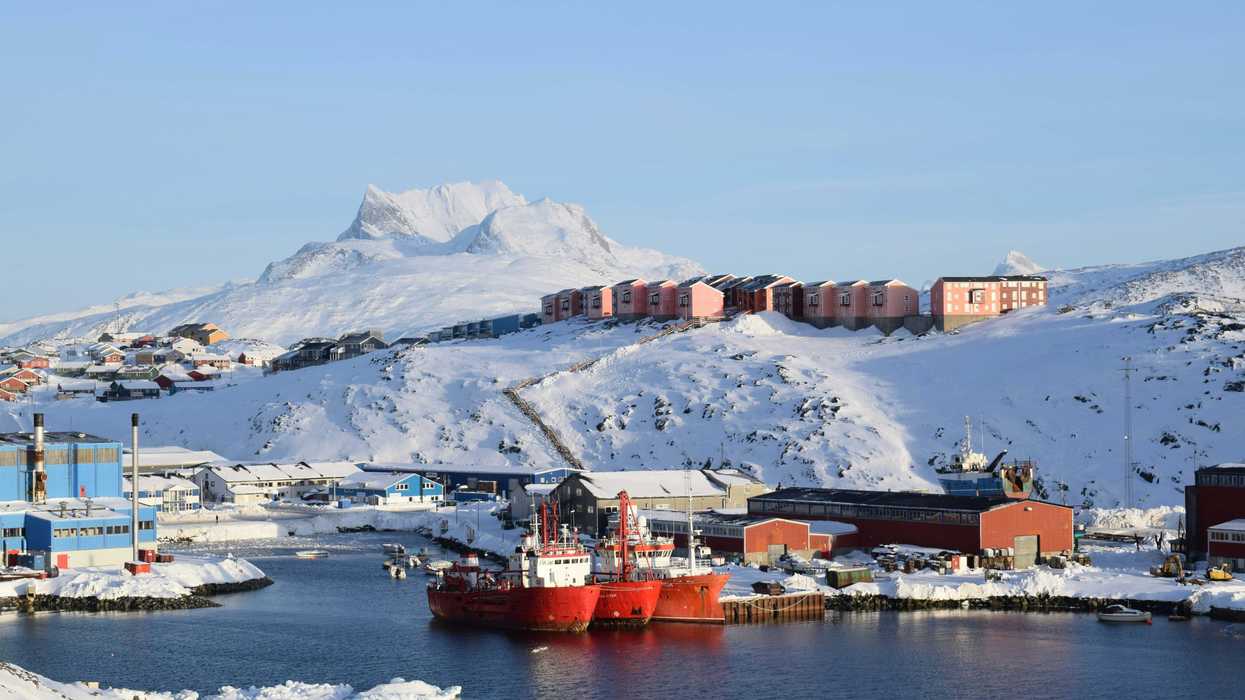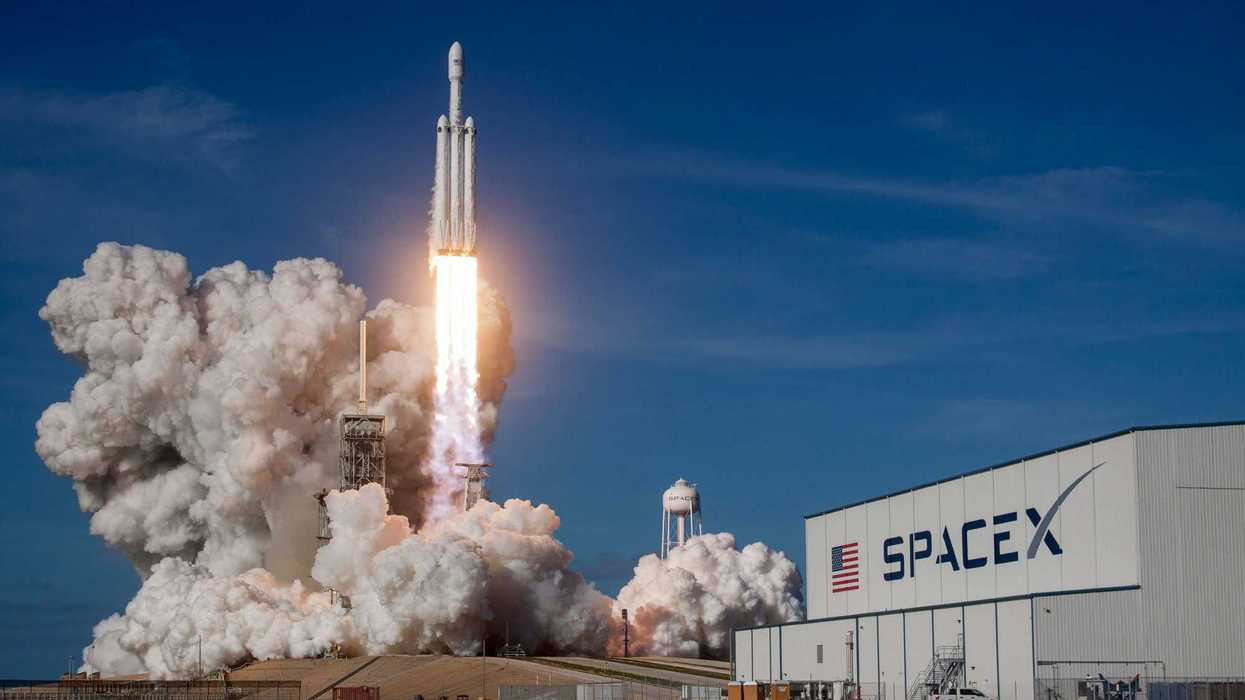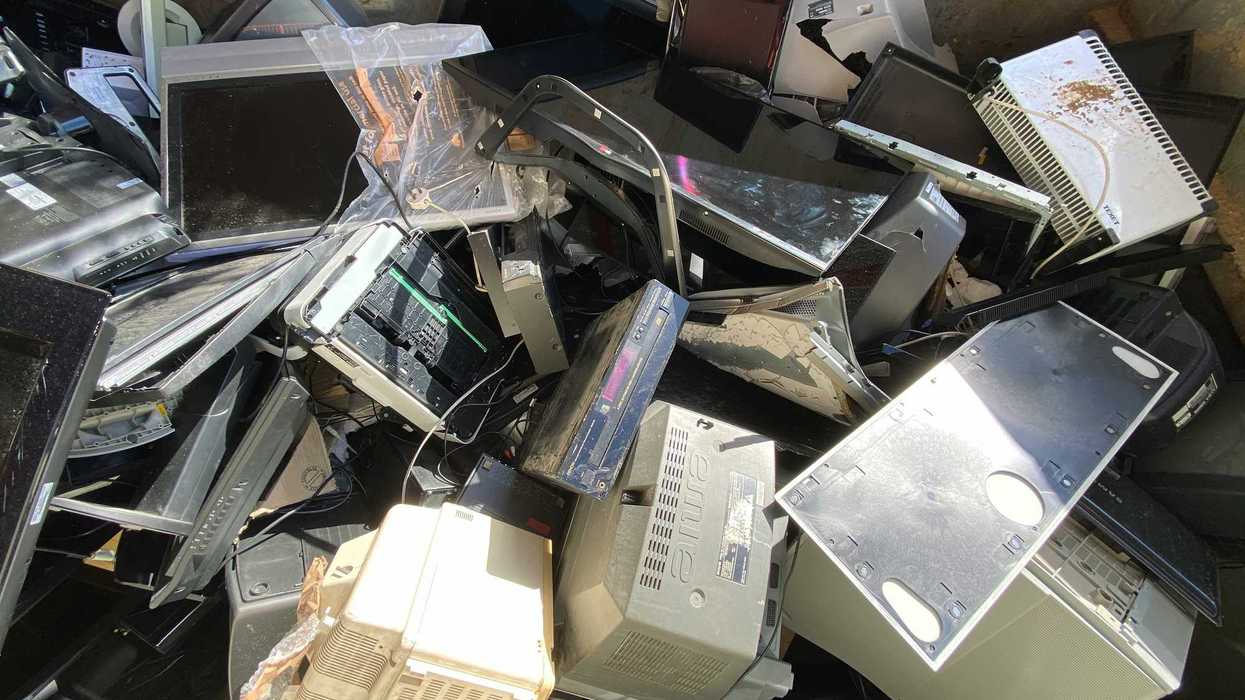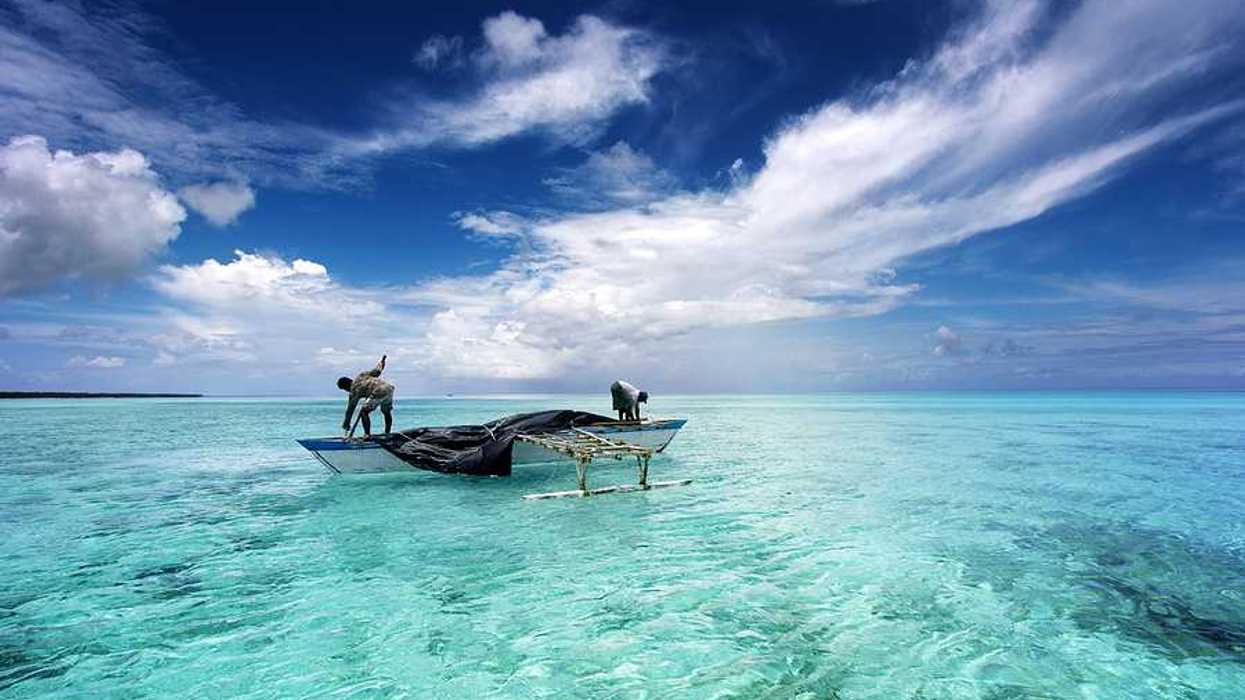As copper mining demands increase across the state, concerns over water scarcity arise.
Wyatt Myskow reports for Inside Climate News.
In short:
- The need for the so-called "energy transition minerals", such as copper and uranium, has created a mining boom in Arizona
- Nearly 80% of Arizona lacks groundwater regulation, allowing copper mines to use unlimited water, impacting local aquifers
- The 1872 Mining Law allows easy staking of mining claims on federal land without royalties, leading to potential overuse of water by foreign mining companies
- As a result, proposed mines, like Faraday Copper's project near Mammoth, Arizona, could deplete water resources vital to communities and ecosystems, causing concern among residents and environmentalists.
Key quote:
“People need to be aware that foreign companies are coming in and are allowed to take as much water as they need”
— Naelyn Pike, member of Apache Stronghold fighting the proposed Resolution Copper mine in Superior, Arizona.
Why this matters:
Unregulated mining in Arizona threatens critical water resources, impacting local communities and ecosystems. As demand for copper rises, sustainable management of water resources becomes increasingly important to balance economic growth with environmental protection.




